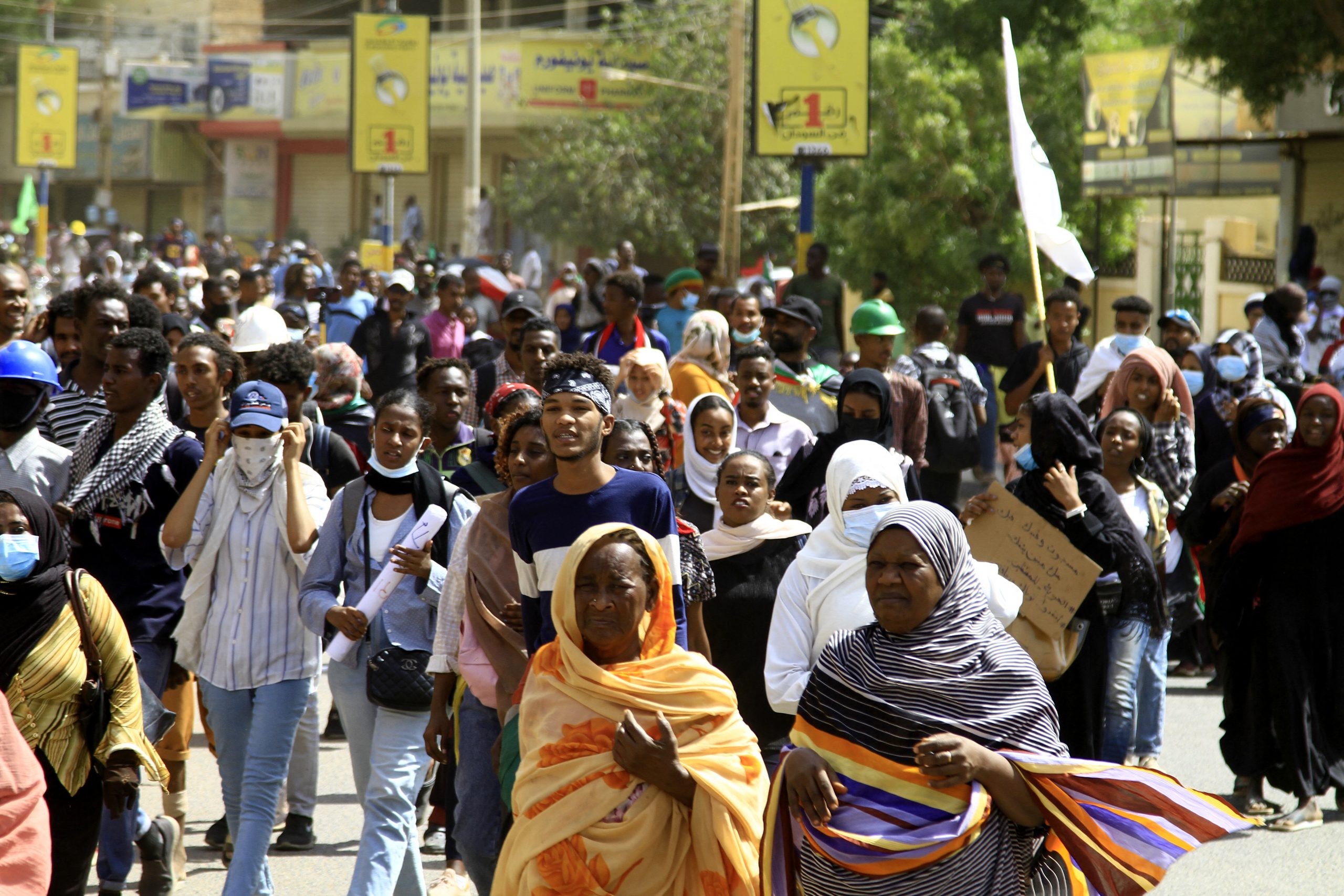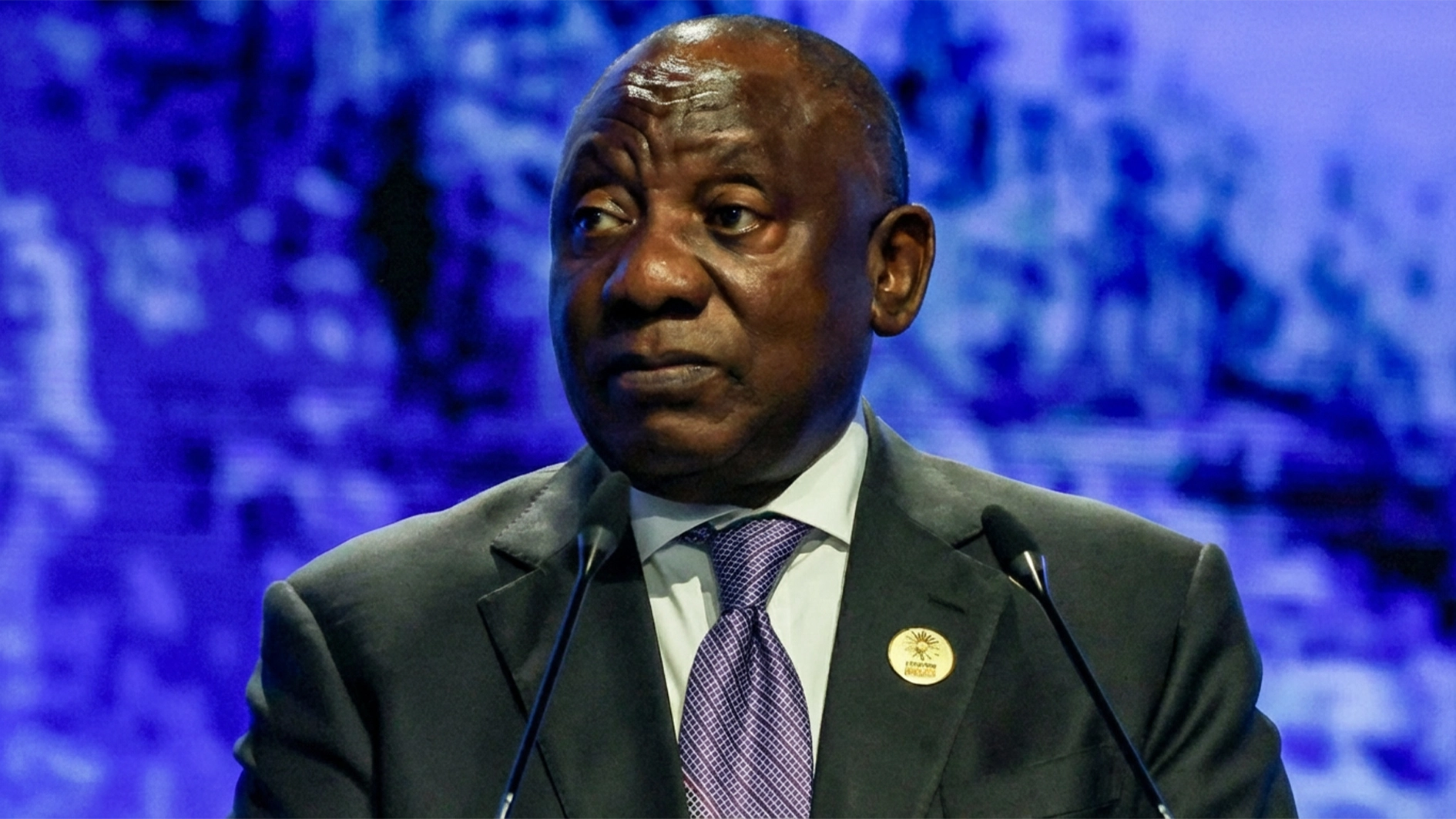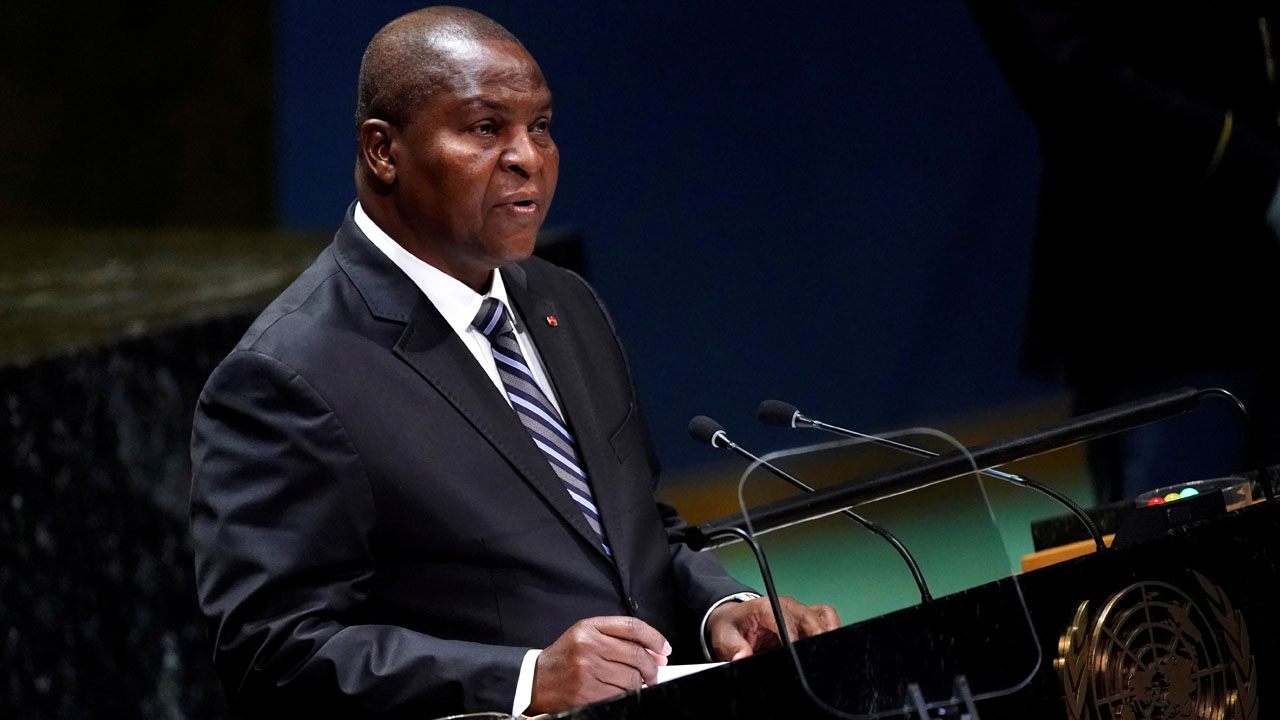
The cost of bread and transport has soared in recent days.
Regular protests calling for civilian rule have taken place since a military coup led by army chief Abdel Fattah al-Burhan on October 25, with heavy-handed crackdowns leaving 87 dead, according to medics.
“Down with military rule”, protesters chanted in Damazin, a city some 450 kilometres (280 miles) southeast of the capital Khartoum.
In Khartoum, security forces fired tear gas at demonstrators attempting to reach the presidential palace, according to an AFP correspondent.
Hundreds of protesters in the Red Sea city of Port Sudan were also met with tear gas, according to eyewitnesses.
These latest protests come amid steep hikes in the cost of living.
On Sunday, the price of a small loaf of bread shot up over 40 percent, from 35 to 50 Sudanese pounds, or from five to eight US cents.
Sudan has been especially vulnerable to fears of global supply shortages in the wake of Russia’s invasion of Ukraine.
As fuel costs spike globally, the cost of transport has also jumped 50 percent across Sudan.
In Nyala, state capital of South Darfur in the west, security forces fired a barrage of tear gas canisters to stop crowds.
“No to rising costs,” people shouted, according to resident Abdel Moneim Mohamed. “No to military rule.”
Protesters in Nyala also included residents of the vast camps set up when people were forced from their homes during the conflict that broke out in Darfur in 2003.
– ‘Intolerable‘ –
“The situation has become intolerable,” said Hamad Bashir from Atbara, a city 280 kilometres (175 miles) northeast of Khartoum, a traditional centre of the country’s railway industry.
Bashir said that railway workers have not been paid for two months.
Rail workers began a strike on Sunday, said Hashem Khedr, the head of the Railway Workers’ Union.
One in every three people is dependent on aid in Sudan, according to the United Nations.
The economic crisis deepened when October’s military coup triggered broad international condemnation and punitive measures that included a suspension of $700 million in US aid.
Authorities have rounded up hundreds of pro-democracy protesters since the coup, many of whom have been released in recent weeks.
On Monday, three protesters were detained in Nyala, activists said.
Three detainees in Khartoum’s Kober prison announced a hunger strike Monday to protest “inhumane treatment, police brutality” and a lack of due process, their lawyers said in a statement.
They had been accused of fatally stabbing a police general in January, the only fatality announced among security forces since anti-coup protests began.
The October coup derailed a fragile power-sharing agreement between the army and civilians that had been painstakingly negotiated after the 2019 ouster of longtime autocrat Omar al-Bashir.






